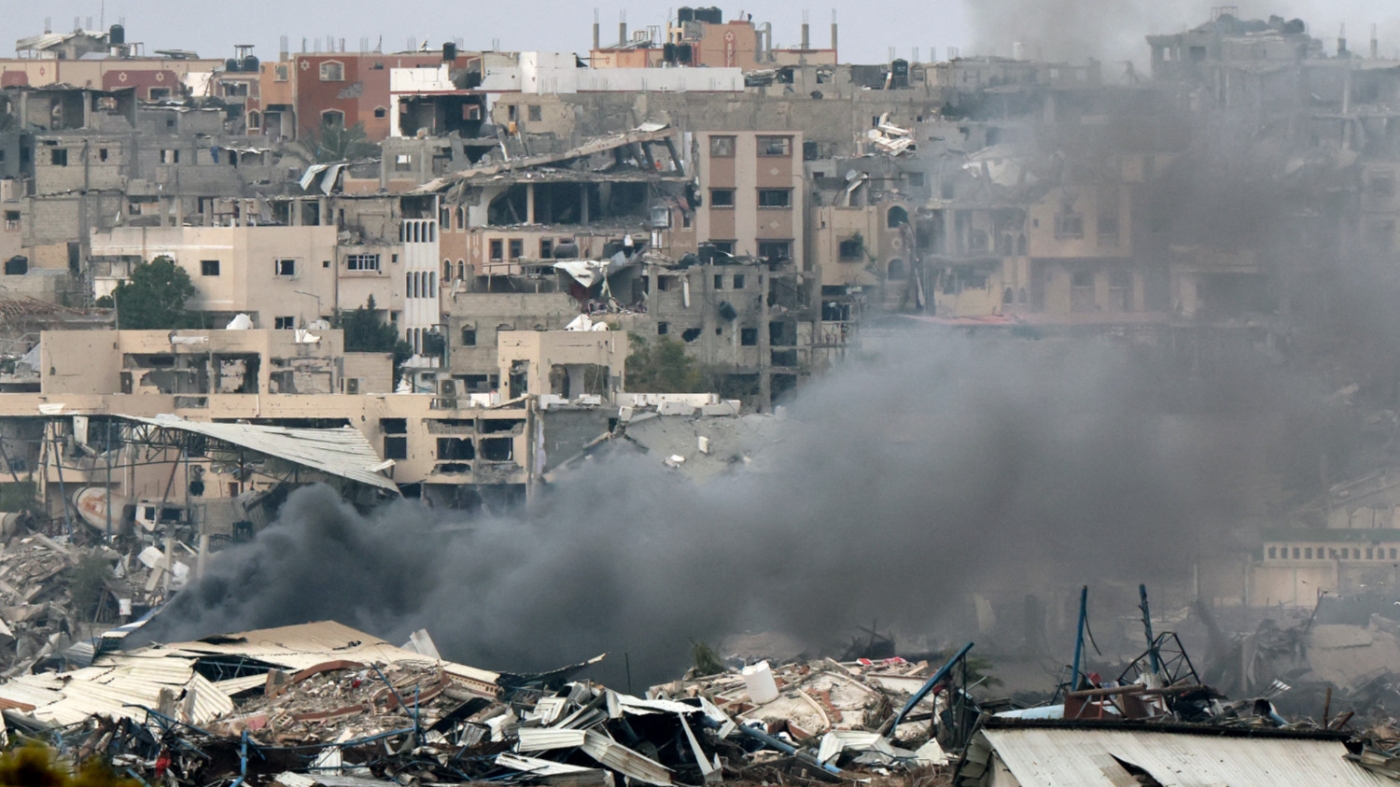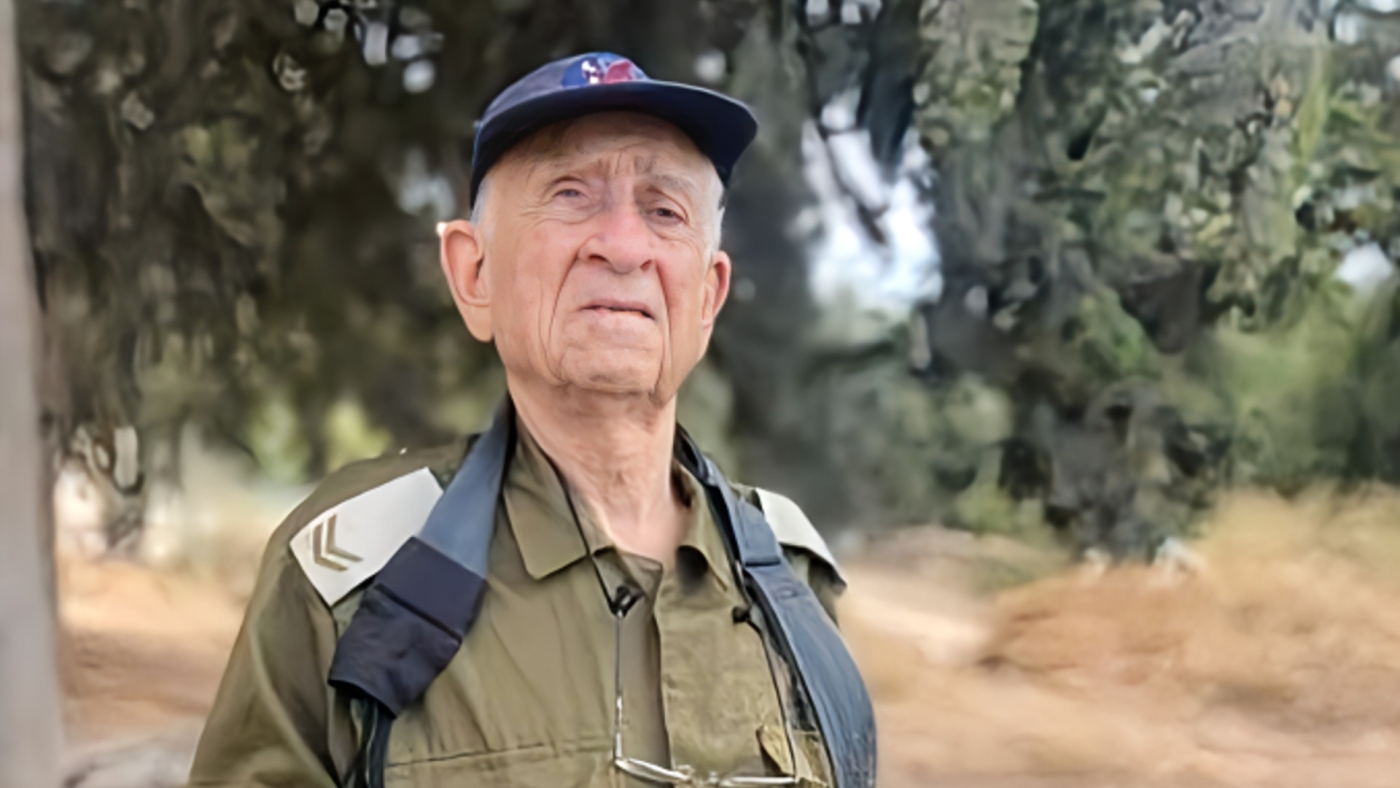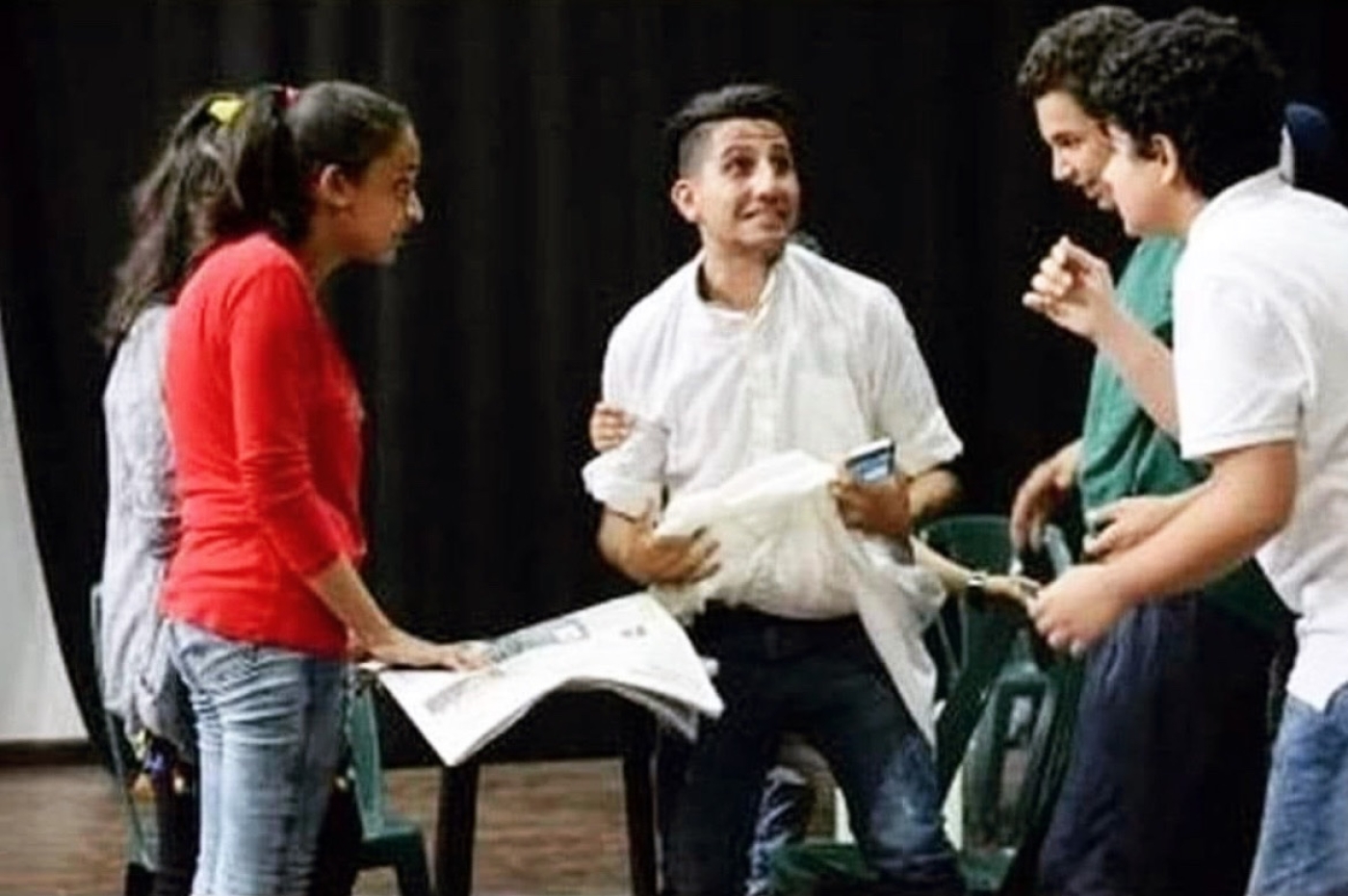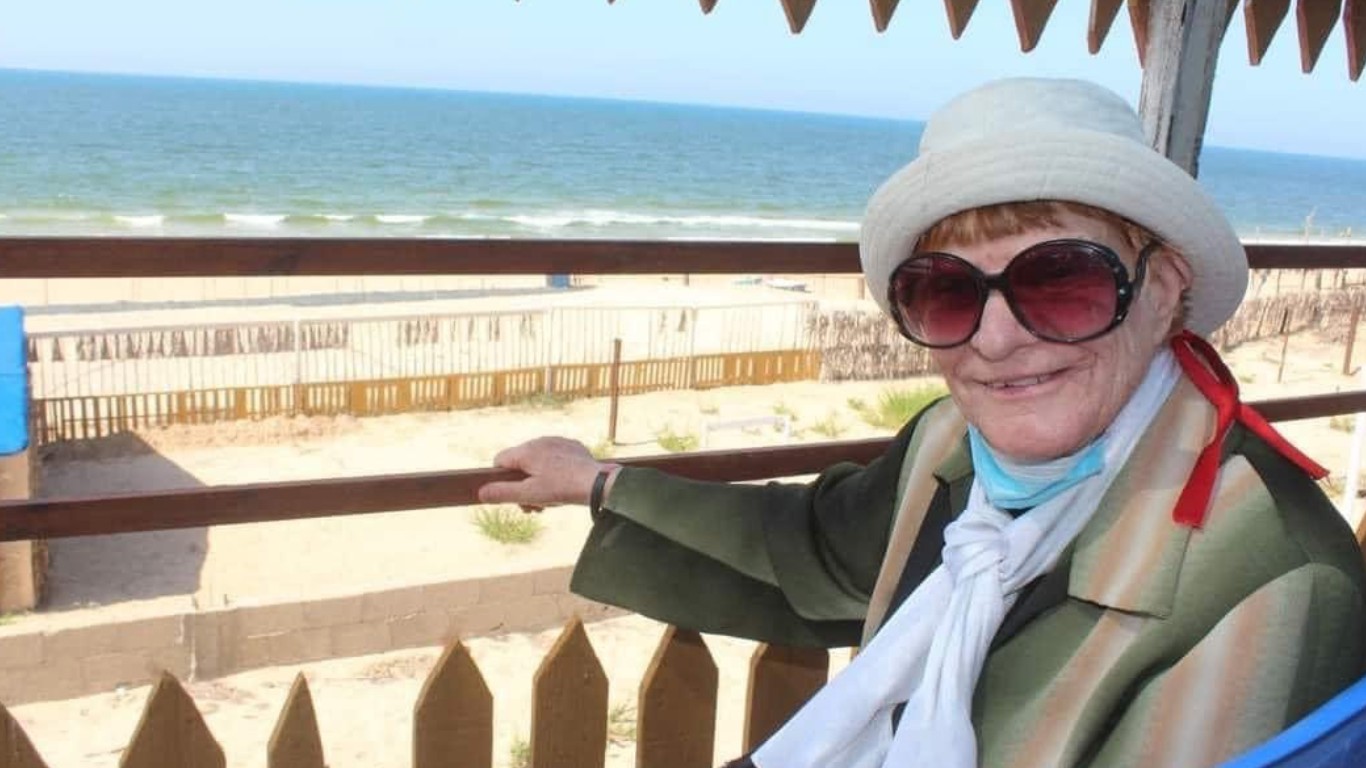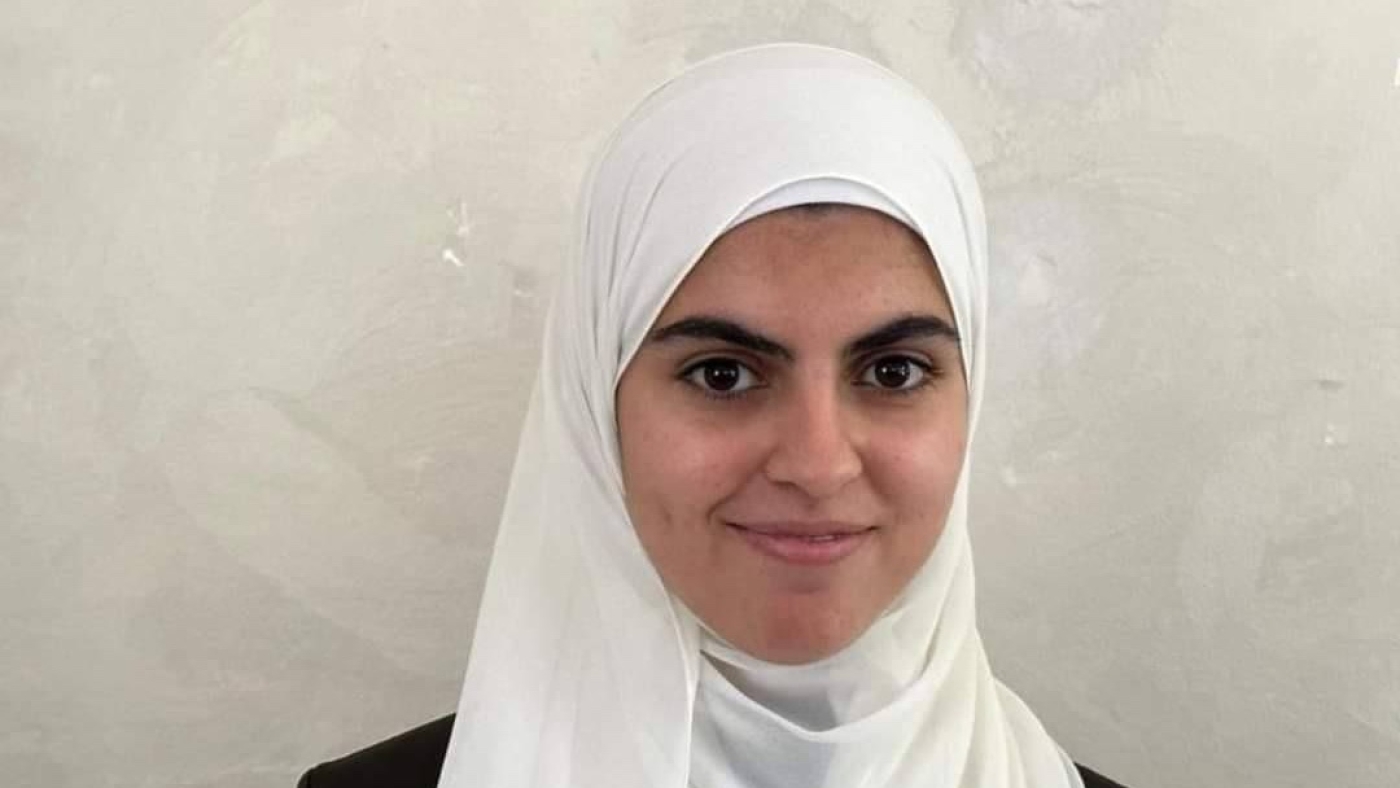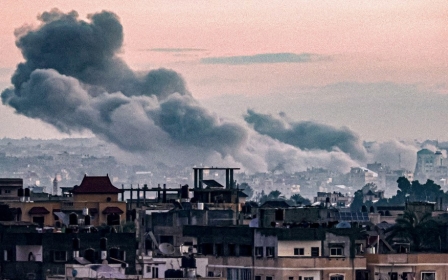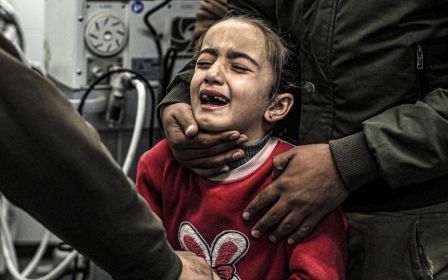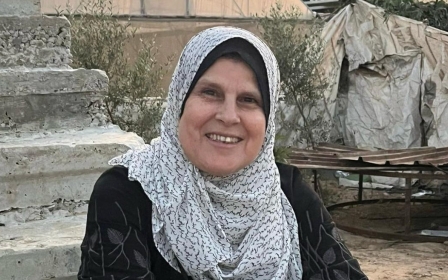Israel ‘genocide’ case: Read and watch Middle East Eye reporting used as evidence at ICJ
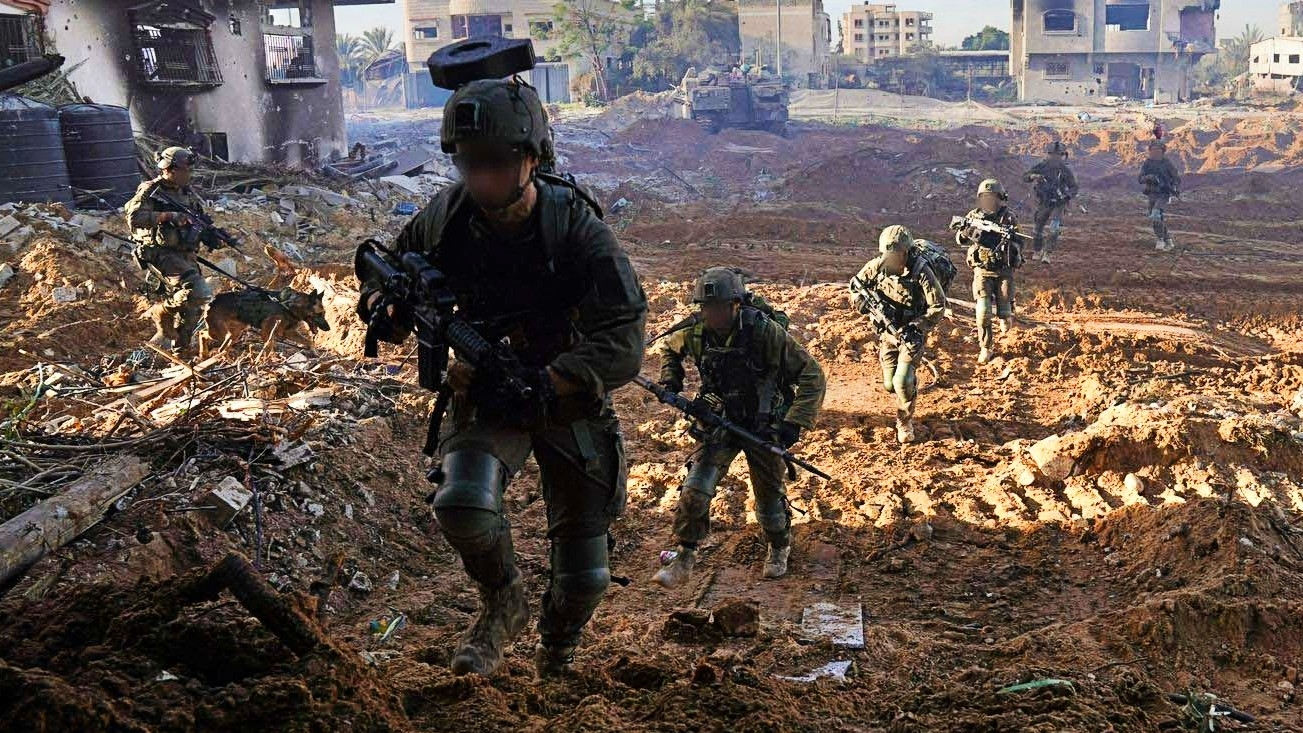
Middle East Eye's reporting on the war in Gaza has been used in South Africa's case, accusing Israel of genocide, at the International Court of Justice in The Hague this week. Israel denies the allegations.
The content includes both text and video produced by Middle East Eye’s teams based in Gaza and Israel among others. It has either been presented as evidence at the court or cited and referenced in discussions.
More than 23,000 Palestinians, the majority women and children, have been killed since Israel declared war on the besieged enclave on 7 October. Thousands more are missing under the rubble.
It came hours after the attack by Hamas on southern Israel that resulted in the deaths of more than 1.000 people.
Coverage of the ICJ hearing, as well as further in-depth reports and analysis on the Israel-Palestine war, can be found on MEE’s YouTube channel.
New MEE newsletter: Jerusalem Dispatch
Sign up to get the latest insights and analysis on Israel-Palestine, alongside Turkey Unpacked and other MEE newsletters
MEE’s social channels include TikTok, Instagram, Twitter, and Facebook. These are seven of the stories referred to in court and related documentation.
1. Israeli troops pledge to destroy Gaza
The court was played video obtained by MEE that showed scores of Israeli troops dancing and singing at an Israeli base on 7 December, vowing to "wipe off the seed of Amalek" and said there were no "uninvolved civilians" in Gaza.
According to the Bible, God commanded the Israelites to destroy the ancient nation of Amalek. In an address to soldiers on 28 October, Israeli Prime Minister Benjamin Netanyahu said: "You must remember what the Amalek has done to you."
The video was one example, said South African lawyer Tembeka Ngcukaitobi at The Hague, of Israel's "genocidal intent" towards the Palestinian people in Gaza. Such intent, he added, had been "nurtured at the highest levels of the state”.
2. Israeli army cheers as Palestinian buildings destroyed
Another video also played to the court, showed how Israeli soldiers had filmed themselves destroying infrastructure inside northern Gaza on 20 December.
Before starting the destruction, an Israeli soldier can be heard saying “Shujaiyya neighbourhood gone. Nahal Oz, with God’s help you will have this.”
It is not clear if “Nahal Oz” here is in memory of the kibbutz where residents were killed and kidnapped by Hamas fighters on 7 October; or a reference to a nearby Israeli military base of the same name.
The cries of Palestinians can be heard on the audio of the clip, which was played at the ICJ. "These are the soldiers putting into effect their command," Ngcukaitobi said.
3. Survivor recalls Israeli executions at home
Moemen Raed al-Khaldi lay wounded and motionless for three days among the corpses of his family, pretending to be dead after they had been shot by Israeli soldiers.
On 21 December, Israeli soldiers broke into the house where the Khaldi family had fled after taking refuge in northern Gaza.
The family were lying together on the floor, covered in blankets, when Israeli soldiers stormed the house. Moemen said the Palestinians were ordered to evacuate the house – but could not understand the instructions as they did not speak Hebrew.
“My grandfather tried to translate,” Khaldi said. He only said a few words: 'Listen to what the soldiers are telling you and go out'.
But the soldiers thought it was the father who had spoken. "They shot him with a bullet, and he was immediately killed." Khaldi said the soldiers then shot everyone else in the room, including Khaldi, his grandmother, and a pregnant woman who was also sheltering.
Read the story by Maha Hussaini.
4. Israeli veteran, 95, rallies troops to 'erase' Palestinian children
An Israeli army veteran who was involved in a 1948 massacre of Palestinian civilians has called on Israelis to "erase the memory of... families, mothers and children".
Ezra Yachin, 95, is one of more than 300,000 army reservists mobilised by Israel since war broke out with Hamas. He won't be involved in combat but instead will serve to "motivate" soldiers, according to recent reports.
"Be triumphant and finish them off and don’t leave anyone behind. Erase the memory of them," Yachin said while addressing Israeli troops this week, in a video that has since gone viral. "Erase them, their families, mothers, and children. These animals can no longer live."
Yachin was a member of the Lehi Zionist militia, which carried out atrocities before the creation of the state of Israel in 1948. He was involved in the Deir Yassin massacre on 9 April 1948, when Zionist militiamen belonging to the Lehi and Irgun groups killed more than 100 people in the small Palestinian village near Jerusalem, despite having agreed to an earlier truce. Many of those killed were women, children, and the elderly.
Read the story by Rayhan Uddin.
5. Drama teacher among 90 killed in Christmas Day strikes
Ahed Abu Hamda, a drama teacher who worked with Theatre Day, a Gaza-based community theatre, was among at least 90 people killed at the Maghazi refugee camp in central Gaza at Christmas.
The attack began at midnight on Christmas Eve and continued into Christmas Day.
The densely populated refugee camp is one of Gaza’s smallest, The Israeli Air Force later expressed "regret" for the attack, the deadliest on the camp, after an internal investigation revealed it had used the wrong type of weaponry in the attack, resulting in extensive collateral damage.
According to Al Jazeera's Tareq Abu Azzoum, the area had been designated “safe” by the Israeli military.
Read the story by Katherine Hearst.
6. Elderly Christian teacher killed by Israeli soldiers
According to local media reports, Elham Farah was shot on 12 November by the Israeli army, outside the Holy Family Church in Gaza City.
The 84-year-old was a member of Gaza's Palestinian Christian community. Farah lived in the al-Rimal neighbourhood of Gaza and worked as a music teacher.
At the time she was eeking shelter in the church from the relentless Israeli bombardment but stepped outside to see if her home had survived the air strikes.
Farah was shot in the leg and fell to the ground. Those in the church were unable to come to her aid because of the intensity of the bombing.
Her niece Carole appealed on social media for someone to come and take her to an ambulance.
“A call for whoever can help, my aunt the music teacher Ilham Farah has been wounded after being shot by occupation forces and she is in the road on the floor and is waiting for an ambulance … she is close to al-Shifa hospital, please help.” She later died.
Read the story by Nadda Osman.
7. Palestine's top student killed by Israeli air strikes
Israeli air strikes on Al Nuseirat refugee camp in mid-October killed Al-Shaima Akram Saidam, the top student in Palestine’s high school examination of 2023, according to local media. Several members of her family were also killed.
In July, her family and neighbours gathered to celebrate her academic achievement of averaging 99.6 percent in the general secondary education examination.
In Palestine and Jordan, the education system requires high school students to take a series of tests known as Tawjihi at the end of their final year. The grades achieved determine students' admission to their preferred university degree programmes.
“Even during [Israeli] aggressions, I never stopped studying,” Saidam told Palestinian outlets after she got her results.
Saidam planned to study English translation at the University of Gaza, which was destroyed the week before her death.
Middle East Eye delivers independent and unrivalled coverage and analysis of the Middle East, North Africa and beyond. To learn more about republishing this content and the associated fees, please fill out this form. More about MEE can be found here.


